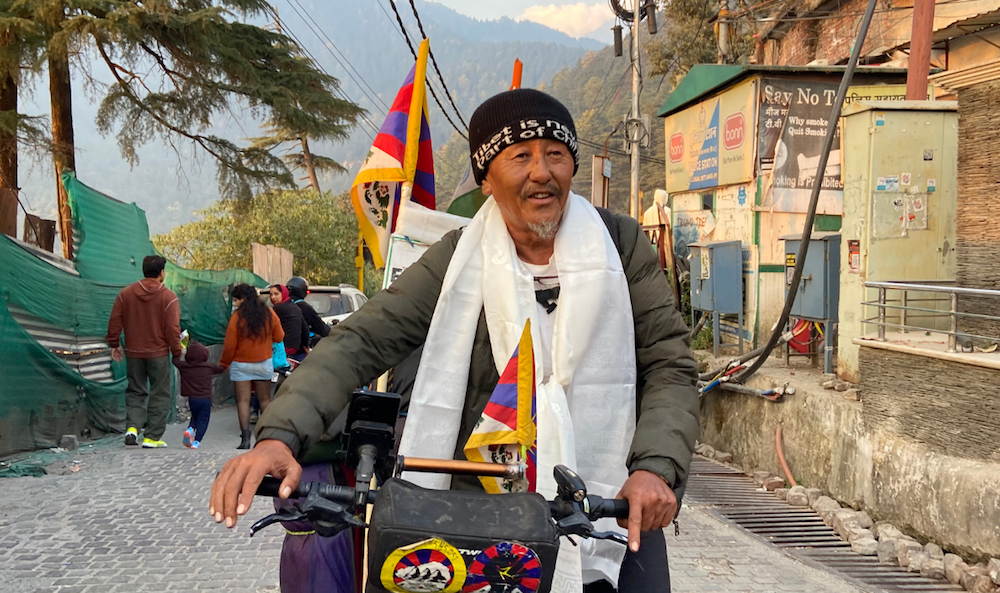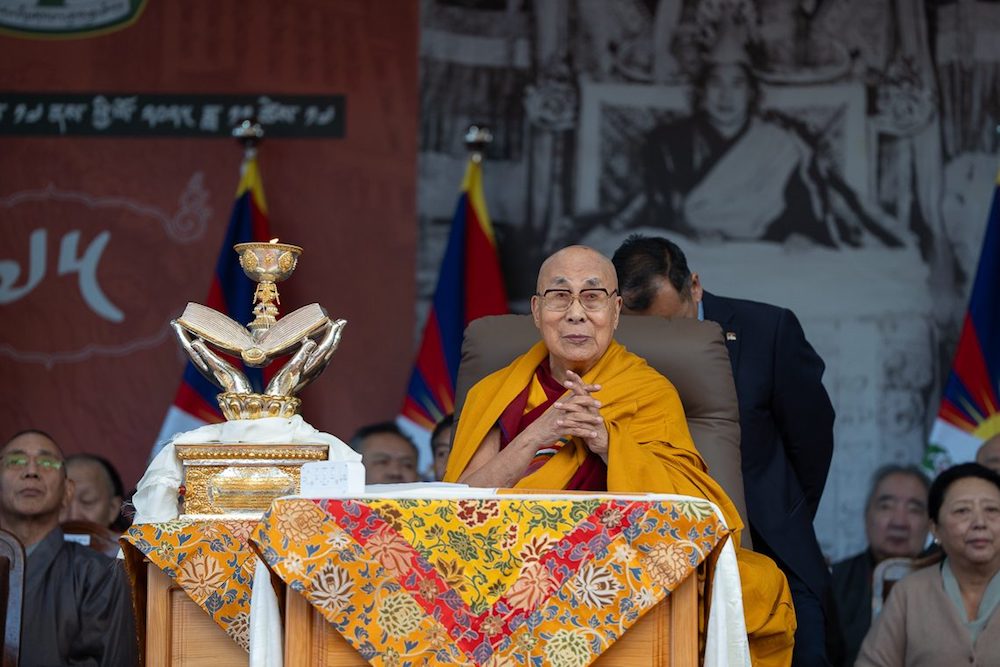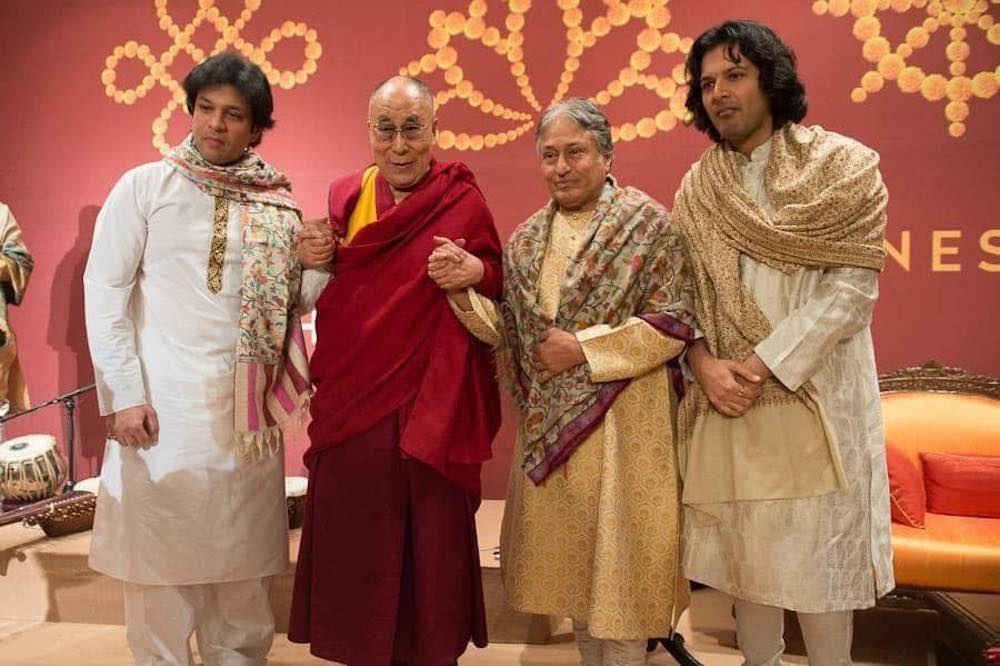From S.N.M. Abdi
KOLKATA — Tibetan hardliners in India reacted angrily yesterday to the Dalai Lama’s assertion that he is ready to accept that the region remains a part of China.
“We want total independence. We are opposed to the Dalai Lama’s stand”, said Kelsang Phuntsok, president of the Tibetan Youth Congress (TYC), the activist arm of the Tibetan government-in-exile in Dharamsala in Himachal Pradesh.
In an interview published yesterday, the Dalai Lama said that “he is not in favour of separation (from China). Tibet is a part of the People’s Republic of China. Tibetan culture and Buddhism are part of Chinese culture”, sparking off a major controversy.
Leading Indian analysts, however, say that the exiled Tibetan leader’s latest overtures to Beijing have created the “right political ambience” for China’s Prime Minister Wen Jiabao’s visit to India next month.
Describing China as an ‘evil giant’, Phuntsok said that while Dalai Lama wants peace talks, “the disheartening fact is that even after more than a quarter of a century of sincere efforts, actual negotiations are yet to begin (between Dalai Lama’s and China’s envoys)”.
“The ground reality is that there is no scope for any negotiation. There is no option but to fight for an independent Tibet. We do not support the Dalai Lama at all.” Founded in 1970, TYC has 30,000 members among the 150,000-strong Tibetan community in India. Last November TYC cadres stormed the Chinese embassy in New Delhi’s high-security Chanakyapuri area demanding the release of Tibetan priest, Tulku Tenzin Delek, arrested by mainland authorities in 1998.
The radical group, with chapters in eight Indian cities, is known for showing black flags to visiting Chinese dignitaries. It also resorts to hunger-strikes and signature campaigns. Its information secretary, Dhondup Dorjee, said: “Dalai Lama wants to come to terms with the Chinese government. He has his own compulsions because of the geo-political situation, particularly China’s growing economic clout”.
“Moreover, he wants a solution in his lifetime. At 70, he is a man in a hurry.” Dorjee said that the Nobel laureate has been consistently demanding ‘genuine autonomy’ instead of independence since the late 1990s.
“But we know that he was under great pressure from the Chinese Foreign Ministry in the last two-three months to publicly denounce separatism. That’s why he declared publicly on March 10 — the 46th anniversary of the Tibetan uprising — that he is reconciled to Chinese rule.”









